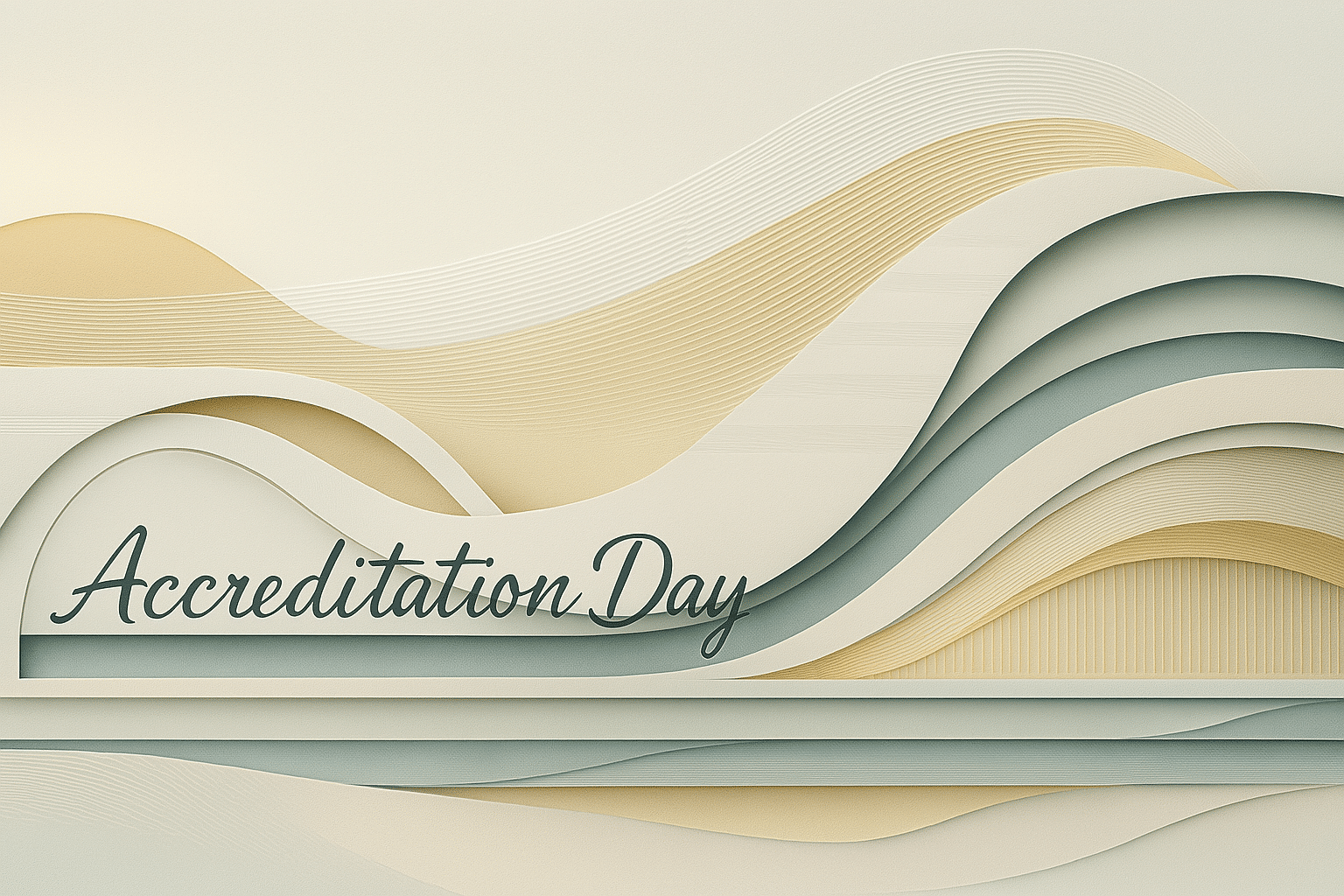What is World Accreditation Day?
World Accreditation Day is held each year on June 9 and is observed internationally. The day highlights the importance of accreditation in protecting health, safety, quality, and the environment across nearly every sector of society. It draws attention to the vital role that accredited organizations play in ensuring reliable testing, inspection, and certification services.
Accreditation gives the public confidence. It means that a trusted, independent body has evaluated whether a laboratory, company, or system meets internationally recognized standards. From hospitals and food producers to construction and climate monitoring, accreditation helps keep systems accountable, safe, and effective.
History and Origin
World Accreditation Day was launched in 2008 by the International Accreditation Forum (IAF) and the International Laboratory Accreditation Cooperation (ILAC). These two international bodies created the day to raise global awareness of the benefits of accreditation and to promote a more unified understanding of how it works.
The first celebration took place in 2009. Since then, each year has introduced a new theme tied to global needs or trends, such as digital transformation, climate resilience, health system reliability, and sustainability. Government agencies, industry leaders, and accreditation bodies around the world take part in events, webinars, and awareness campaigns on this date.
Who participates in World Accreditation Day?
- National accreditation bodies: Host events, release reports, and promote awareness of their role.
- Testing and inspection services: Highlight their accredited status and educate clients about its value.
- Industry associations: Collaborate with labs and auditors to explain why accreditation matters.
- Regulatory authorities: Promote the use of accredited services in areas like health, trade, and the environment.
- Academic institutions: Share research, best practices, and case studies about quality assurance systems.
Slogans and Themes
Each year has a global theme such as “Supporting the Future of Global Trade,” “Accreditation: Adding Value to Supply Chains,” or “Supporting the Implementation of the Sustainable Development Goals.” These themes show how accreditation contributes to trust, transparency, and innovation. The slogans promote confidence, reliability, and responsible systems.
Colors, Symbols and Patterns
Colors:
- Blue: Represents trust, structure, and international cooperation.
- Green: Often used to connect accreditation with sustainability and public health.
- White: Symbolizes transparency and neutrality in inspection and testing.
Symbols:
- Checkmarks or seals: Represent verified standards and independent approval.
- Globe icons: Reflect the global recognition of accreditation systems.
- Microscopes or lab tools: Highlight the role of testing and science in accredited work.
Patterns:
- Circular diagrams: Used to show closed, quality-assured systems.
- Certification labels: Help explain how accreditation links to consumer safety and trade.
- Interconnected nodes: Symbolize cooperation between countries and sectors.
Most Used Hashtags
- #WorldAccreditationDay
- #AccreditationMatters
- #WAD2025
- #GlobalStandards
- #TrustThroughAccreditation
How do you celebrate World Accreditation Day?
- Host a webinar or workshop: Share insights into how accreditation works in your field.
- Promote your status: Accredited organizations can explain how their certification adds value and trust.
- Share facts online: Use visuals or infographics to explain the purpose of accreditation.
- Download materials: Many bodies provide posters, reports, and case studies to support public education.
- Partner on a campaign: Collaborate with trade organizations or universities to share knowledge and data.
Why is World Accreditation Day important?
Accreditation makes invisible work visible. It supports safety in hospitals, accuracy in labs, transparency in trade, and fairness in inspections. Without accreditation, trust in public systems and global markets would be harder to maintain.
World Accreditation Day reminds us that quality is not automatic. It is built, measured, and maintained by people who uphold standards. By promoting awareness and investment in accredited systems, this day helps create a stronger, more reliable world.
Features
June 9: Accreditation Day
Why do you keep falling for the same type?
Read the article Lovemaps: the hidden blueprint of our love.

